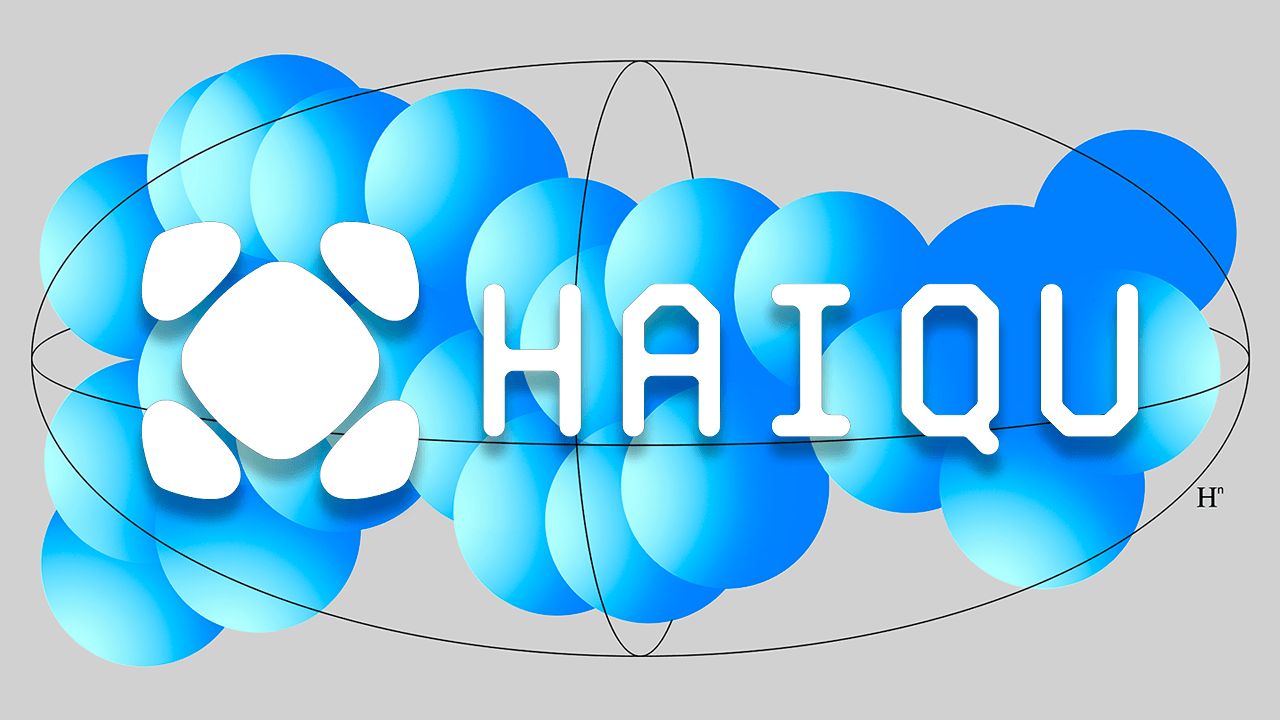Meanwhile, China continues to “discipline” Lukashenko regarding potash exports. Consider the figures:
- Q1 2025 (still a period of very warm relations) – 880,000 tons sold for $239.5 million (2024: 758,000 tons for $237.5 million).
- Q2 2025 (reflecting the result of unmet commitments) – 491,000 tons for $136.7 million (Q2 2024: 786,000 tons for $242.6 million).
- July–August 2025 – 105,880 tons for $35.5 million (2024: 357,000 tons for $104.2 million).
This represents a decline in exports to China of:
- Q2 2025 vs. Q2 2024 – down 60% in volume (and halved in value).
- July–August 2025 vs. July–August 2024 – down threefold in volume (and value).
In total, Belarus “lost” $172.6 million in exports to China (using 2024 as the baseline, which itself was not the best year).
The cause is the failure of Minsk to fulfill several promises, which affected trade volumes. Additionally, logistical issues “helped” by the “Russian brothers” compounded the problem.
Can this be corrected? Yes, but contracts are signed three months or more in advance. Thus, if relations improve from June, the first positive effects might appear in statistics for September or October.
However, if Lukashenko fails to resolve the crisis with Poland, the outlook for Belarusian potash in the Chinese market at the end of 2025 and the start of 2026 will be extremely bleak.
This is despite China increasing (!) overall fertilizer purchases and despite 2023 being a year when Beijing sharply increased its share of Belarusian fertilizers in its growing market, surpassing Russian products in both volume and price per ton.
What we are witnessing, in short, is a process of “discipline.” This started due to Minsk’s attempts to outsmart China (recall, for example, the poultry schemes). Beijing does not publicly reprimand but administers a demonstrative “correction,” which we are currently observing.





















